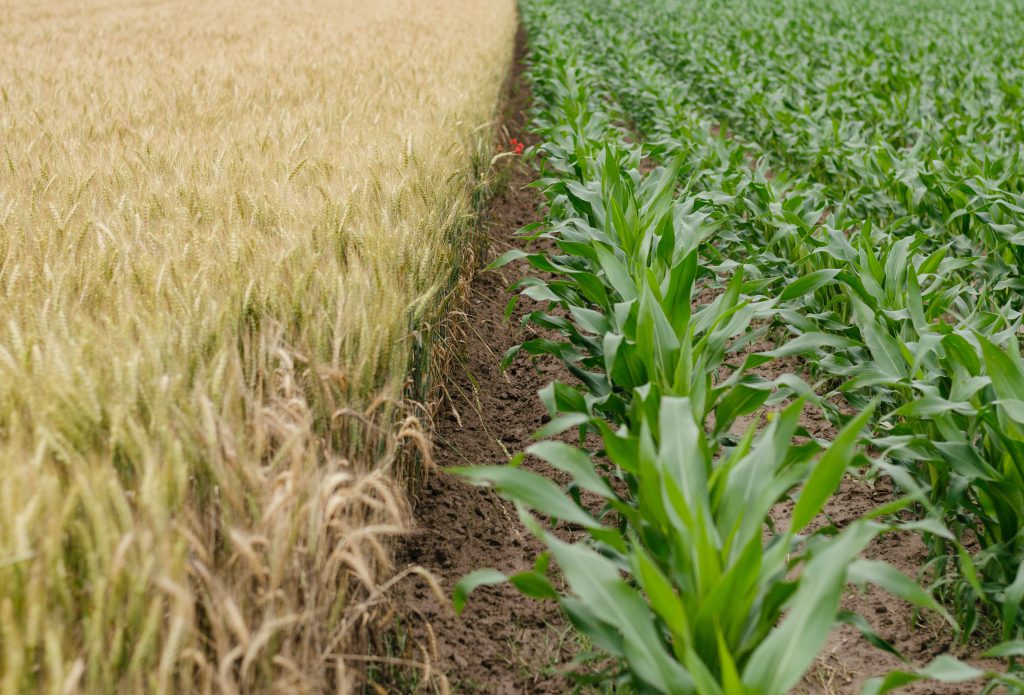The manure spreading rule announced by the Department of Natural Resources (DNR) moves the state in the right direction to begin addressing the drinking water contamination crisis in Northeast Wisconsin, especially in Kewaunee County, where over one-third of tested private wells were found to contain bacteria and/or nitrate pollution.
“These protections are an important step to address the drinking water problem in Northeast Wisconsin, and they move us in the right direction toward ensuring families can drink the water from their taps,” said Scott Laeser, Water Program Director for Clean Wisconsin. “The state will need to commit to other actions to fully address this ongoing issue, but these protections lay out steps that can help reduce drinking water contamination.”
The rule, Natural Resources 151, gives direction as to where, when, and how farmers can spread manure on fields in Northeast Wisconsin, where the porous bedrock and shallow soils make groundwater and surface waters vulnerable to runoff pollution from manure.
The Natural Resources Board has announced it will take up the rule for approval at the January 24 meeting in Madison. Members of the public are encouraged to attend and testify in support of the rule.
While the additional protections will apply to vulnerable landscapes in Northeast Wisconsin, other areas of the state, like Southwest and Western Wisconsin, which also have porous bedrock, will not receive additional protections, leaving many in the state vulnerable to drinking water contamination from livestock pollution.
“This is a great start, but it’s just that: a start,” said Laeser. “We applaud the hard work of the DNR and many stakeholders and citizens to take a critical look at this problem in Northeast Wisconsin. We look forward to future discussions about how we can continue on a path toward cleaning drinking water for all Wisconsinites.”

